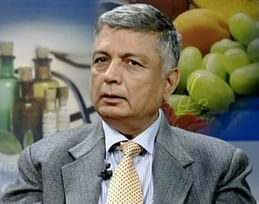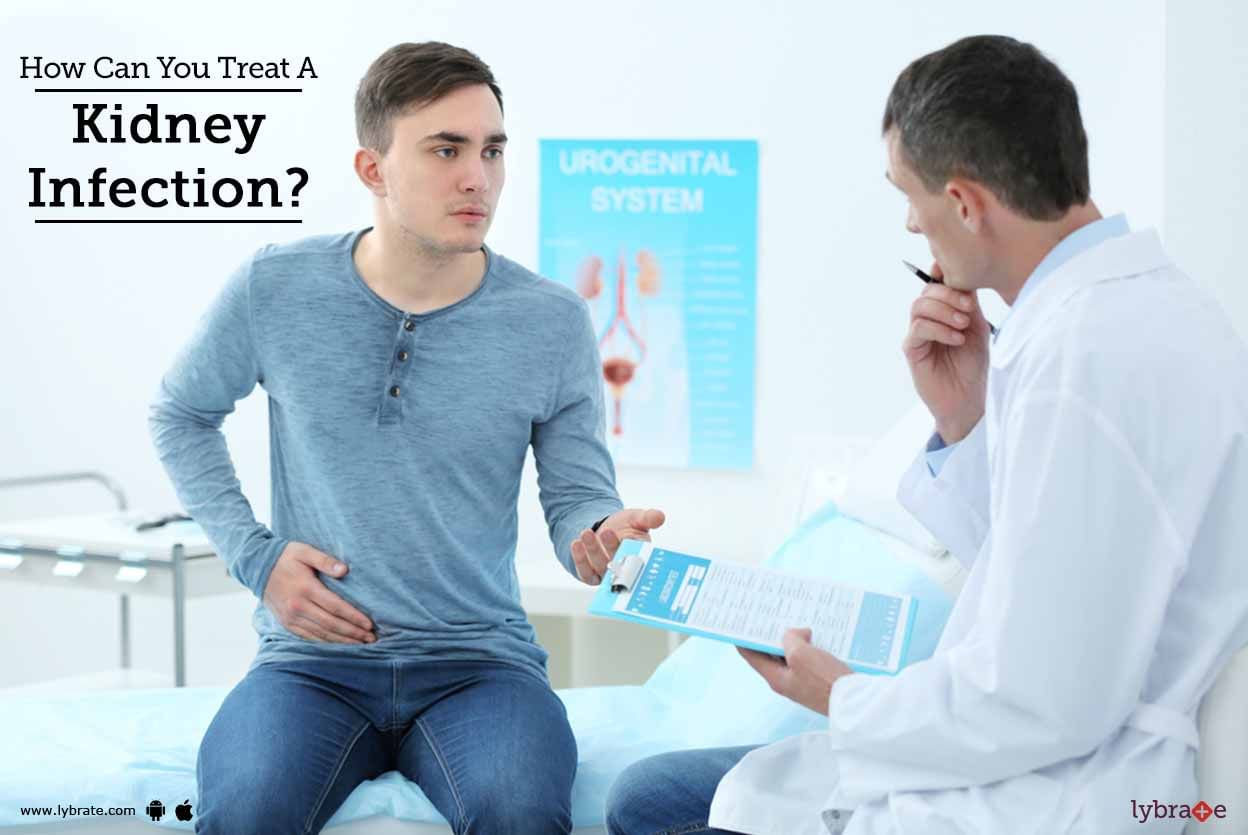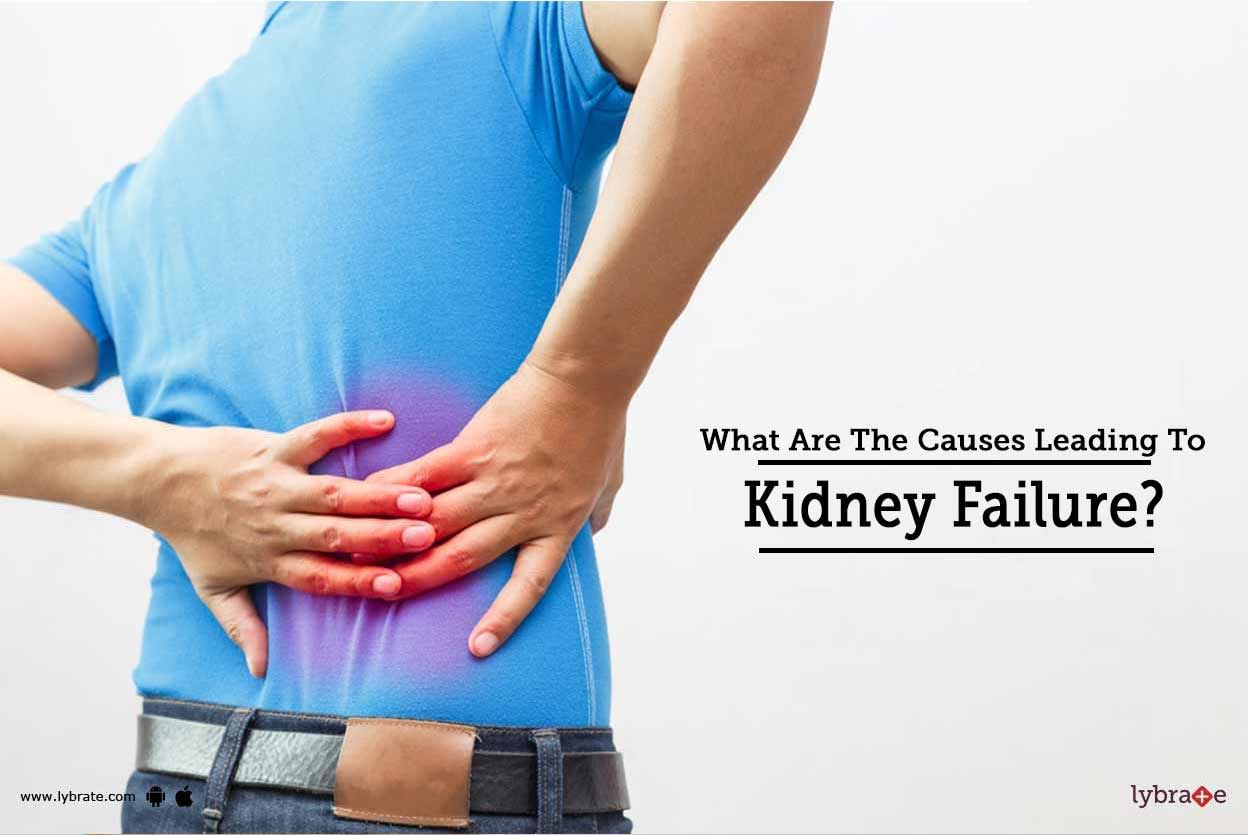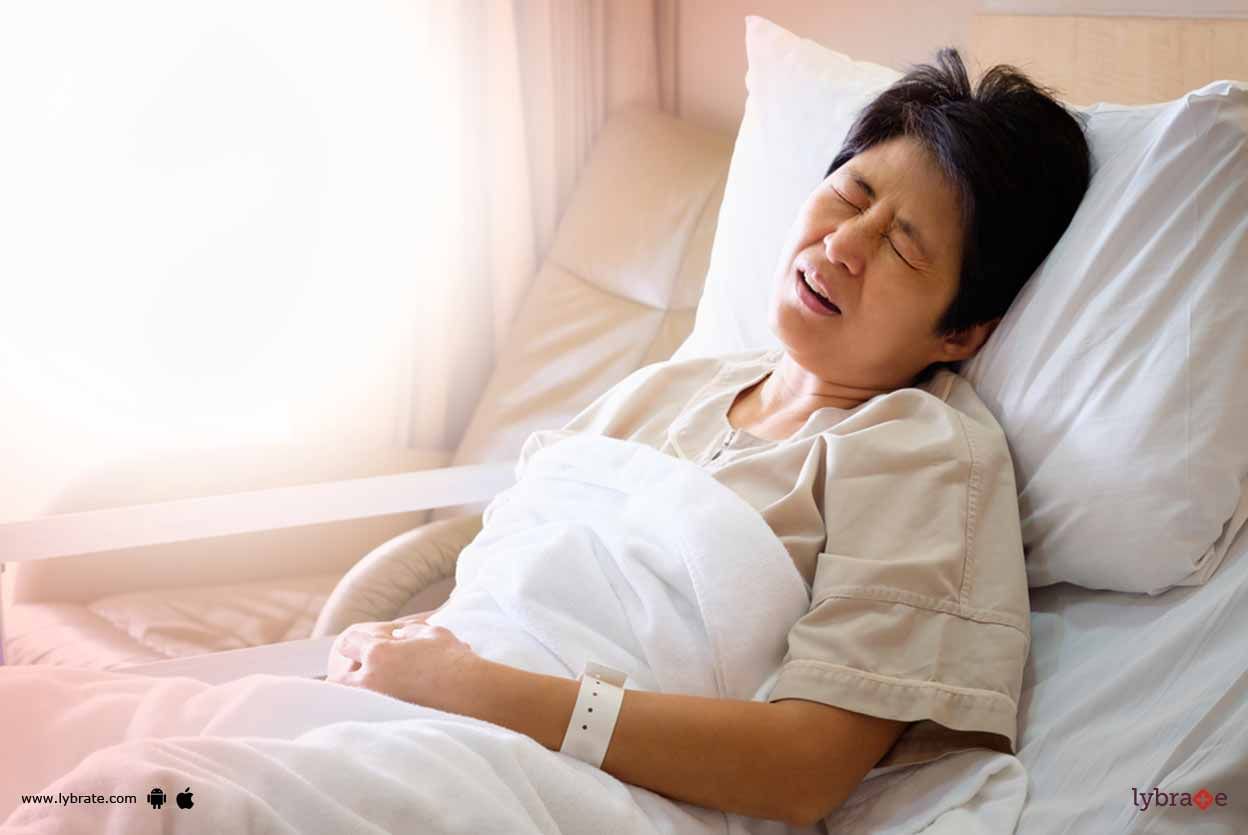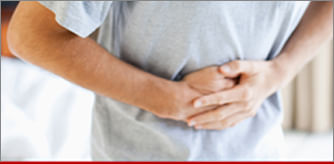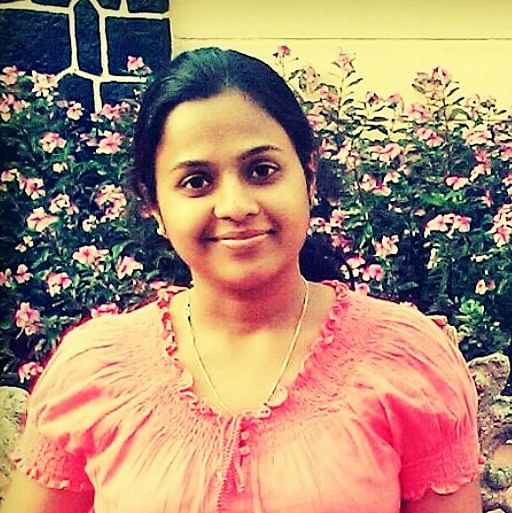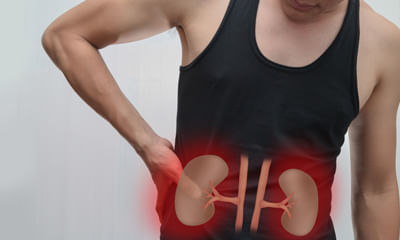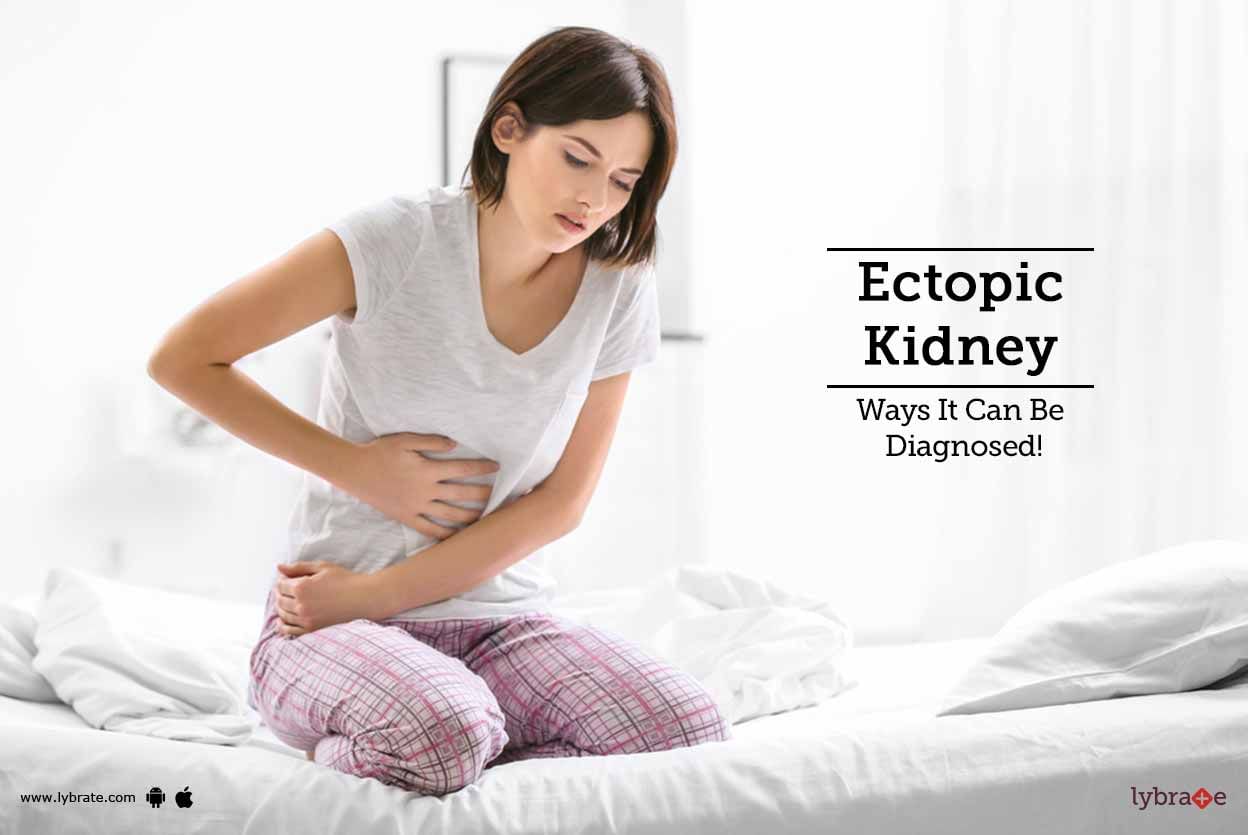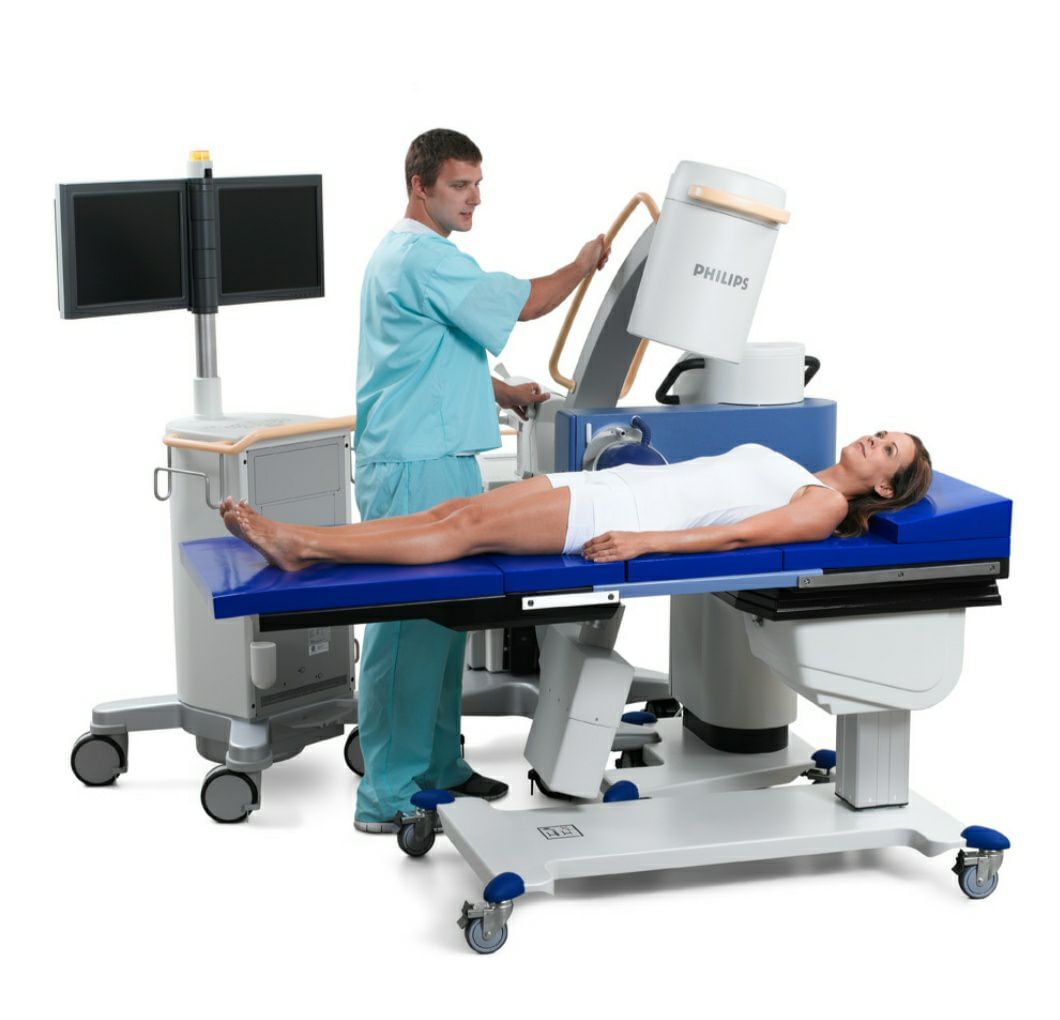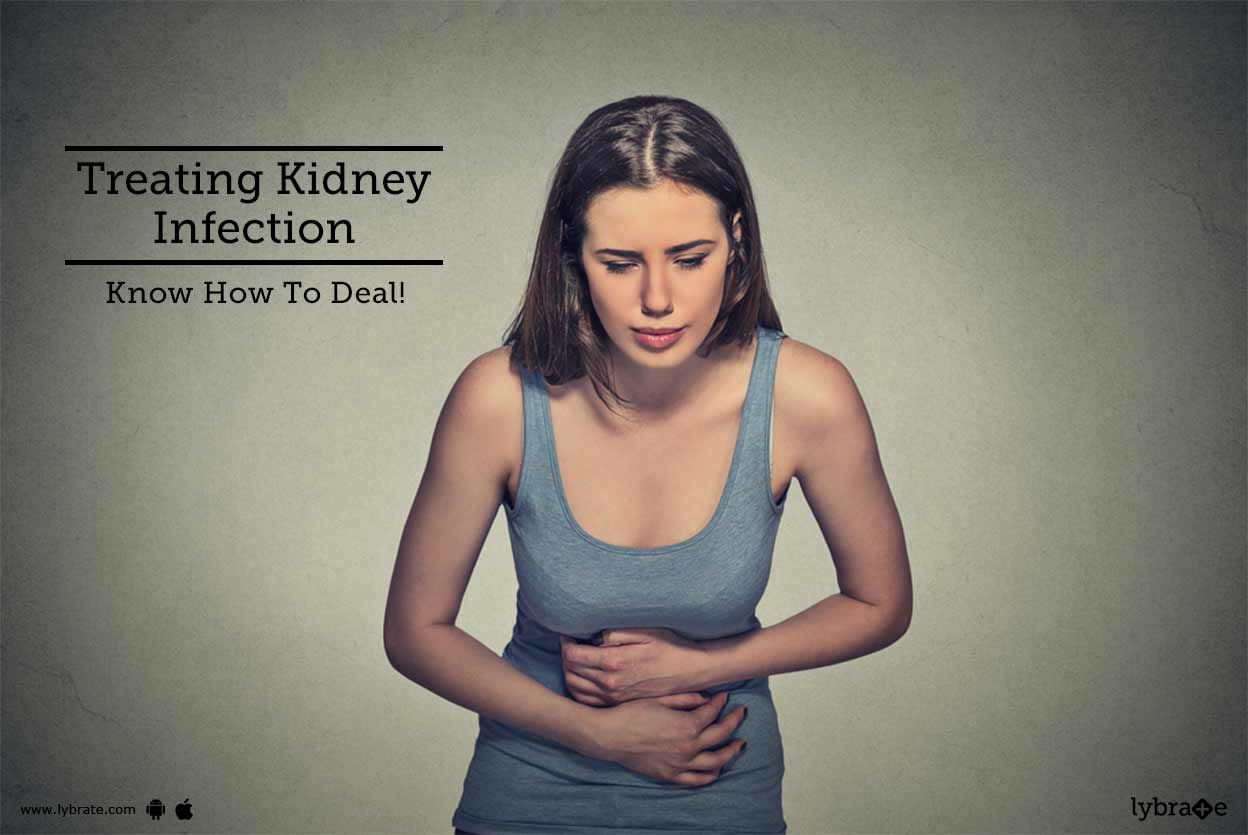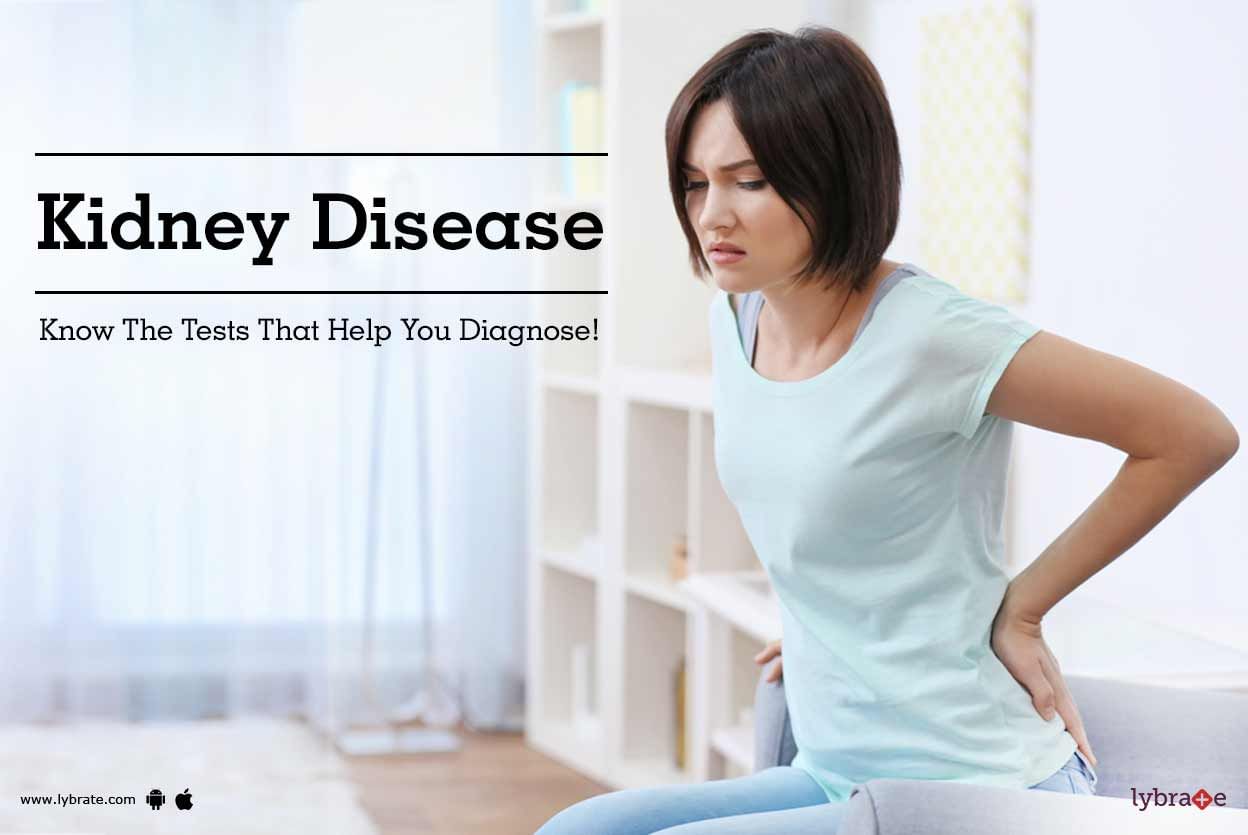Get the App
For Doctors
Login/Sign-up
About
Health Feed
Find Doctors
Health Packages
Kidneys Image Tips
Last Updated: 7 years ago• Featured Tip
Share
Bookmark
Report
Kidneys are responsible for the removal of waste and unwanted particles from the bloodstream. They are part of the urinary tract and are responsible for the formation and excretion of urine. It is the filtration and waste disposal system of the body. And as such plays a pivotal part in our health and well-being.
A kidney infection, more often than not, starts with a bladder infection and then spreads to the kidneys. It is caused by the presence of bacteria, specifically a bacteria calle...more
A kidney infection, more often than not, starts with a bladder infection and then spreads to the kidneys. It is caused by the presence of bacteria, specifically a bacteria calle...more
Last Updated: 6 years ago• Featured Tip
Share
Bookmark
Report
You may experience a kidney failure when your kidneys are unable to filter waste from your blood in a sufficient amount. Several factors such as toxic exposure to pollutants, extreme dehydration, kidney trauma and other chronic diseases may lead to kidney failure. The body gets overloaded with toxins, which may trigger kidney failure.
General Causes-
People prone to kidney failure generally suffer from one or several of these following conditions:
Loss of blood flow to the ...more
General Causes-
People prone to kidney failure generally suffer from one or several of these following conditions:
Loss of blood flow to the ...more
Last Updated: 6 years ago• Featured Tip
Share
Bookmark
Report
There can be no better way to maintain a healthy lifestyle other than a regular exercise and fitness routine. Sometimes even after surgeries, doctors recommend exercise to the patients for a speedy recovery. A kidney transplant is one such surgery that requires you to follow a strict fitness regime after the operation process.
Importance of Exercise after a Kidney Transplant:
Exercise, as recommended by the doctor, should be an integral part of the lives of kidney transplant pa...more
Importance of Exercise after a Kidney Transplant:
Exercise, as recommended by the doctor, should be an integral part of the lives of kidney transplant pa...more
Last Updated: 9 years ago• Featured Tip
Share
Bookmark
Report
Kidney Stones
What are kidney stones
Kidney stones are tiny, hard masses that form inside the kidneys. These stones are made of acid salts and minerals.
Causes
Kidney stones may get created when an imbalance of minerals, salts, water and other materials found in urine occurs. Things that cause the imbalance include:
Insufficient drinking of water
Different types of medical conditions
A person can form kidney stones due to his/her family h...more
What are kidney stones
Kidney stones are tiny, hard masses that form inside the kidneys. These stones are made of acid salts and minerals.
Causes
Kidney stones may get created when an imbalance of minerals, salts, water and other materials found in urine occurs. Things that cause the imbalance include:
Insufficient drinking of water
Different types of medical conditions
A person can form kidney stones due to his/her family h...more
Last Updated: 8 years ago• Featured Tip
Share
Bookmark
Report
M.Sc. in Dietetics and Food Service Mana...read more
Dietitian/Nutritionist•Mumbai
Based on the type of kidney stone you had, you may be able to prevent kidney stones by making changes in how much sodium, animal protein, calcium, or oxalate is in the food you eat.
You may need to change what you eat and drink for these types of kidney stones:
Calcium oxalate stones
Calcium phosphate stones
Uric acid stones
Cystine stones
1. Calcium oxalate stones:
If you ve had calcium oxalate stones, you may want to avoid these foods to help reduce t...more
You may need to change what you eat and drink for these types of kidney stones:
Calcium oxalate stones
Calcium phosphate stones
Uric acid stones
Cystine stones
1. Calcium oxalate stones:
If you ve had calcium oxalate stones, you may want to avoid these foods to help reduce t...more
Last Updated: 6 years ago• Featured Tip
Share
Bookmark
Report
You should be aware of a certain condition in which the kidney is located below, above or opposite to its usual position. This is a congenital defect, which occurs when the kidney of the fetus does not move to its designated position during the stage of fetal development. In many cases, instead of moving up to its assigned position, one of the kidneys is located very close to the urinary bladder and pelvis. At times, the kidney may move upwards excessively or go to the opposite side to fuse with...more
Last Updated: 6 years ago• Featured Tip
Share
Bookmark
Report
Urinary calculi are common in some demographic areas of the sear (southeast Asia region) including India.
Whether present in the kidney, ureter or the urinary bladder, they can damage the kidney and can cause repeated urinary tract infections if not treated on time.
Many professions such as the aviation industry and naval services also do insist on the treatment of kidney stones as a prerequisite before recruitment.
ESWL or extracorporeal shock wave lithotripsy uses e...more
Whether present in the kidney, ureter or the urinary bladder, they can damage the kidney and can cause repeated urinary tract infections if not treated on time.
Many professions such as the aviation industry and naval services also do insist on the treatment of kidney stones as a prerequisite before recruitment.
ESWL or extracorporeal shock wave lithotripsy uses e...more
Last Updated: 7 years ago• Featured Tip
Share
Bookmark
Report
Polycystic kidney disease (PKD) is an inherited disorder in which clusters of cysts develop primarily within your kidneys, causing your kidneys to enlarge and lose function over time. Cysts are noncancerous round sacs containing fluid. The cysts vary in size, and they can grow very large. Having many cysts or large cysts can damage your kidneys.
Polycystic kidney disease symptoms :
High blood pressure
Back or side pain
Headache
A feeling of fullness in your abdomen<...more
Polycystic kidney disease symptoms :
High blood pressure
Back or side pain
Headache
A feeling of fullness in your abdomen<...more
Last Updated: 6 years ago• Featured Tip
Share
Bookmark
Report
Kidneys are responsible for the removal of waste and unwanted particles from the bloodstream. They are part of the urinary tract and are responsible for the formation and excretion of urine. It is the filtration and waste disposal system of the body. And as such plays a pivotal part in our health and well-being.
A kidney infection, more often than not, starts with a bladder infection and then spreads to the kidneys. It is caused by the presence of bacteria, specifically, a bacteria call...more
A kidney infection, more often than not, starts with a bladder infection and then spreads to the kidneys. It is caused by the presence of bacteria, specifically, a bacteria call...more
Last Updated: 8 years ago• Featured Tip
Share
Bookmark
Report
Early kidney disease does not have definite signs and symptoms. Getting tested is the best way to detect how your kidneys are functioning. It is important for you to get checked for early kidney disease if you carry high-risk factors including diabetes, high blood pressure or a family history of kidney problems. Early detection of kidney disease can help slow down its progress and even reverse the damage. Here s a quick guide to the tests that are used to measure your kidney function:
B...more
B...more
Book appointment with top doctors for Kidneys Image treatment
View fees, clinic timings and reviews
Ask a free question
Get FREE multiple opinions from Doctors
posted anonymously

